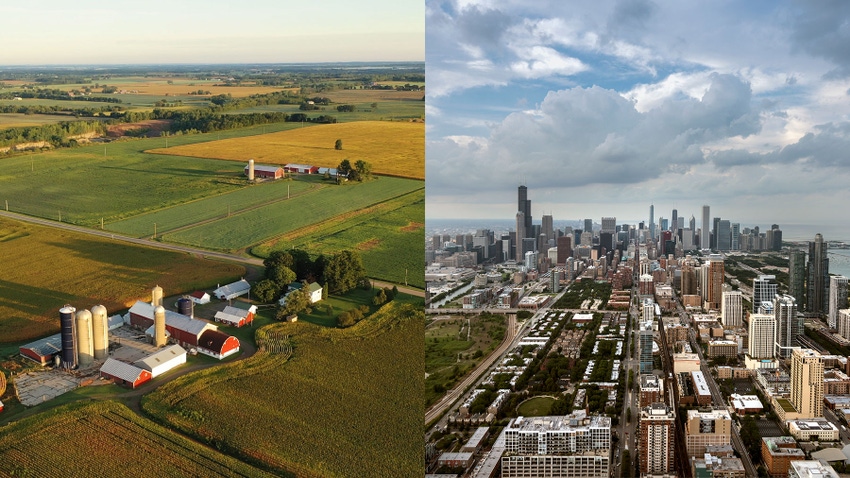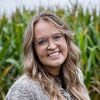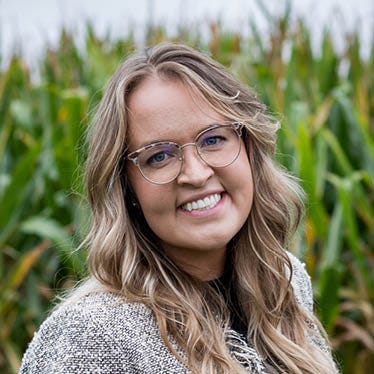December 29, 2023

We hear a lot about the urban-rural divide — about how dramatically different rural beliefs and politics are from those in urban areas. If you turn on any cable TV news outlet, you’ll likely hear predominately “us” versus “them” ideologies, stoking the fire in an increasingly polarized political climate.
Too often, those of us on the farm get hung up on the urban-rural divide without engaging with folks of different backgrounds. We let Fox News or MSNBC or CNN tell us that different equates to enemy. Yikes.
Earlier this month, my husband and I attended the IAA Annual Meeting in Chicago. While we were there, our county had dinner with our adopted legislator, Rep. Camille Y. Lilly, through Illinois Farm Bureau’s Adopt-A-Legislator program.
The program was developed over 20 years ago to bridge the gap between urban legislators and downstate farmers, helping each to better understand the other’s concerns. To date, dozens of urban legislators have visited downstate farms, and dozens of dinners like ours have taken place in Chicago and its collar counties.
On paper, Rep. Lilly and the Menard County Farm Bureau board are about as different as the day is long.
Lilly is a Democrat, representing Chicago and suburban voters in Illinois’ 78th District. She’s a Black woman who is proud to call Cook County home and fight for the rights of her constituents. That district has 11 total square miles, compared to Menard County’s 315 total square miles, but check the population differences: You’ll find nine times as many people there compared to our county. And a lot more stoplights.
The Menard County farmers at the table that night set foot in the Windy City about once a year. They’re white conservative voters who are passionate about raising their families, crops and livestock without government intervention.
The conversation started out tense, each party skeptical of the other, tiptoeing around potentially explosive dialogue.
But being in her city gave us an opening to talk about, and dinner at a steakhouse provided the perfect opportunity to talk livestock.
Soon we were chatting and laughing, exchanging photos of our families and homes. The ice broke nicely.
Some of Lilly’s priorities in the General Assembly are to address food deserts, access to health care and affordable housing for her constituents. Turns out, we’ve got the same problems, as grocery stores close their doors, reliable health care is often a considerable distance away, and real estate prices continue to skyrocket.
Both rural and urban constituents also feel like their voices aren’t being heard in Washington, and we both think the folks at the top are making decisions that negatively impact our ways of life.
And perhaps most of all, Lilly and the Menard County Farm Bureau board share the same faith. It was Sunday, so we had started our day at the IFB church service at the Palmer House. I could tell she was intrigued. When discussing her prior experience in health care, Lilly described her ability to make a difference and said something along the lines of “little did they know, I’m a daughter of the Most High.”
Turns out, there’s a lot more that connects us than divides us. A valuable lesson for sure, even — or especially — if we haven’t heard that on cable news lately.
It’s easy to cast judgement. It’s much harder to engage with folks with different opinions. But as we learned that night, it’s so incredibly important.
As the next season approaches, I’d encourage you to turn off the TV and talk to the folks that look and think differently than you do.
You may have more in common than you think.
Thoughts? Email [email protected].
Read more about:
Illinois Farm BureauAbout the Author(s)
You May Also Like






